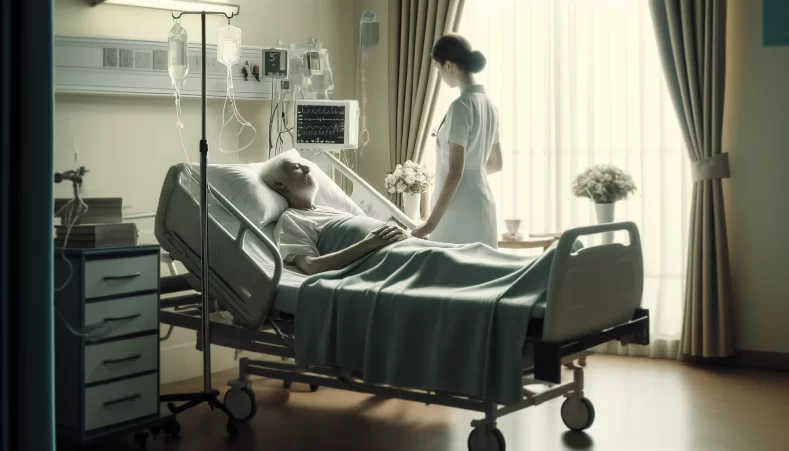The Irish Medical Council recently dropped from its ethical guidelines the prohibition on doctors deliberately killing their patients. It is hard to believe they are not paving the way for euthanasia. However, they made this change without properly consulting their members. However, most of the bodies representing the medical profession in Ireland remain firmly opposed. This was confirmed after the recommendations of the Joint Oireachtas Committee on Assisted Dying in favour of the practice were published recently. They claim that legislating for assisted suicide is harmful and contravenes good medical practice.
The bodies that pushed back against the recommendations are the Irish Association of Palliative Care, the Irish Palliative Care Consultants’ Association, the Royal College of Physicians and the College of Psychiatrists of Ireland.
The Irish Association of Palliative Care stated: “We do not support any change in the law to legalize euthanasia or Physician-Assisted Suicide. Palliative care should exclude any action or treatment designed to cause a patient’s death.”
Instead of euthanasia and assisted suicide legislation, they advocate for “an emphasis on enabling dignified dying, delivered through the provision of palliative care, to help people live well until they die. The focus should be on ensuring that patients have access to resources and information about their end of life and dying.”
The Irish Palliative Care Consultants Association also expressed deep disappointment with the majority report of the Committee, claiming that ‘assisted dying’ will inevitably and disproportionately place vulnerable people at risk. “In a progressive and inclusive society, we believe the fears and challenges of life-limiting illnesses, particularly if they lead to a wish to die, should be responded to with better care rather than facilitating an early death. In view of this, we do not feel that legislating for assisted dying is the appropriate answer to address these concerns”.
The Royal College of Physicians of Ireland (RCPI) said they “oppose the introduction of any legislation supportive of assisted suicide because it is contrary to medical practice.” The RCPI, which has more than 11,000 members, is the largest postgraduate medical training and professional body in Ireland.
Dr. Feargal Twomey, Chair of the RCPI expert group and a Consultant in Palliative Medicine, added: “The introduction of legislation on assisted suicide has the potential for immense harm and unintended consequences, and our view is that the potential harms outweigh the arguments in favor of legislation for assisted suicide.” Dr. Twomey, who presented to the Oireachtas Committee on Assisted Dying last October, stated: “My concern about the inability for safeguards to be maintained leads me to say the only true safeguard is that the law does not change.”
Another critical response came from the College of Psychiatrists of Ireland. They said that the recommendations of the Committee “undermine Irish society’s strong focus on suicide prevention policy” and believe that Ireland “can do better in providing compassionate care to those who are dying than to introduce assisted suicide and euthanasia.”
The consistent opposition from these medical professional bodies, who confront end-of-life situations daily, underscores a profound understanding of the complexities and the ill effects involved in legislating for euthanasia or assisted suicide.
Given their expertise and the concerns they raise, it is essential for lawmakers and the public to reflect deeply on these perspectives before taking any decision on these matters.
















